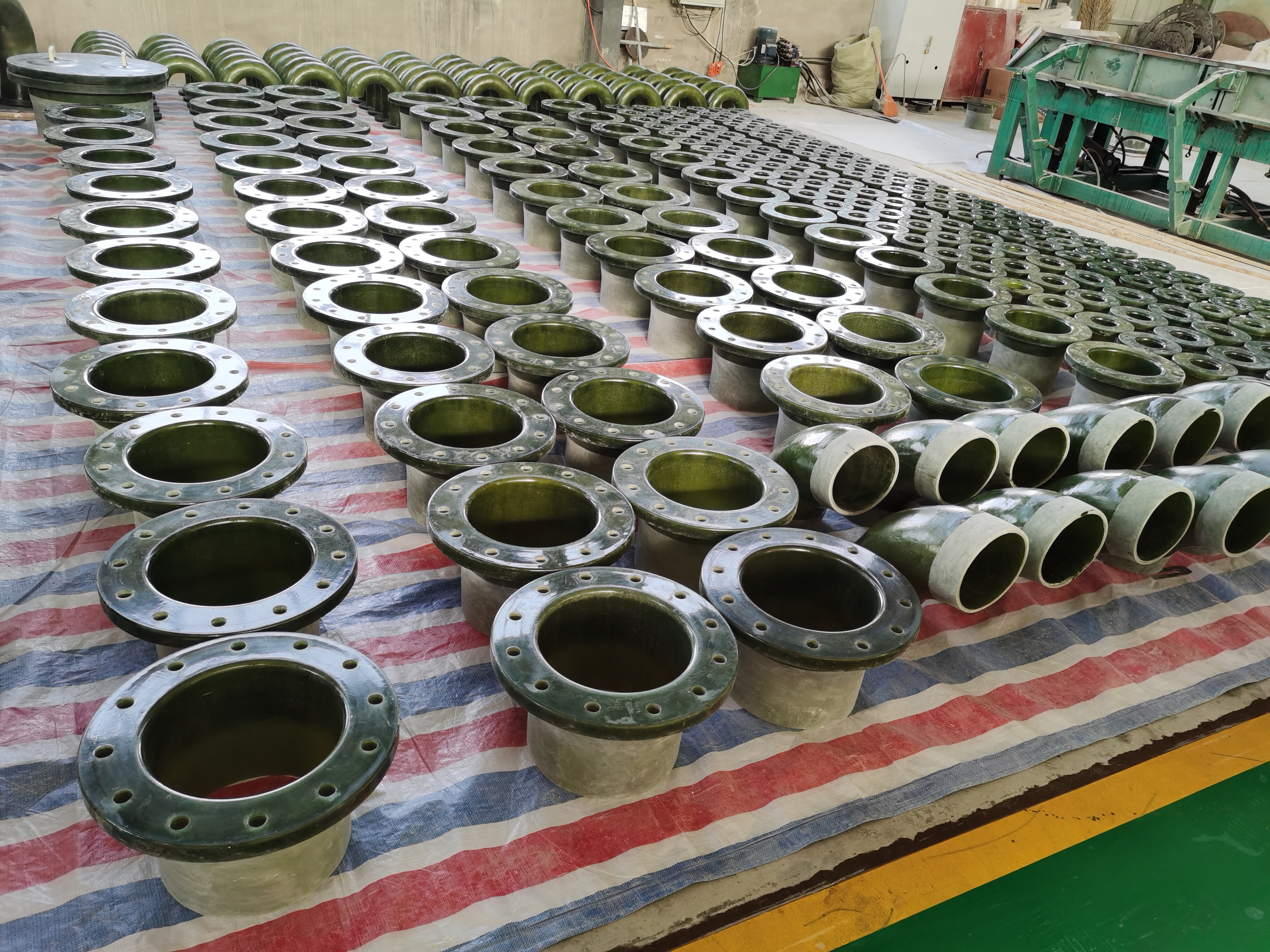
-
 Afrikaans
Afrikaans -
 Albanian
Albanian -
 Amharic
Amharic -
 Arabic
Arabic -
 Armenian
Armenian -
 Azerbaijani
Azerbaijani -
 Basque
Basque -
 Belarusian
Belarusian -
 Bengali
Bengali -
 Bosnian
Bosnian -
 Bulgarian
Bulgarian -
 Catalan
Catalan -
 Cebuano
Cebuano -
 China
China -
 China (Taiwan)
China (Taiwan) -
 Corsican
Corsican -
 Croatian
Croatian -
 Czech
Czech -
 Danish
Danish -
 Dutch
Dutch -
 English
English -
 Esperanto
Esperanto -
 Estonian
Estonian -
 Finnish
Finnish -
 French
French -
 Frisian
Frisian -
 Galician
Galician -
 Georgian
Georgian -
 German
German -
 Greek
Greek -
 Gujarati
Gujarati -
 Haitian Creole
Haitian Creole -
 hausa
hausa -
 hawaiian
hawaiian -
 Hebrew
Hebrew -
 Hindi
Hindi -
 Miao
Miao -
 Hungarian
Hungarian -
 Icelandic
Icelandic -
 igbo
igbo -
 Indonesian
Indonesian -
 irish
irish -
 Italian
Italian -
 Japanese
Japanese -
 Javanese
Javanese -
 Kannada
Kannada -
 kazakh
kazakh -
 Khmer
Khmer -
 Rwandese
Rwandese -
 Korean
Korean -
 Kurdish
Kurdish -
 Kyrgyz
Kyrgyz -
 Lao
Lao -
 Latin
Latin -
 Latvian
Latvian -
 Lithuanian
Lithuanian -
 Luxembourgish
Luxembourgish -
 Macedonian
Macedonian -
 Malgashi
Malgashi -
 Malay
Malay -
 Malayalam
Malayalam -
 Maltese
Maltese -
 Maori
Maori -
 Marathi
Marathi -
 Mongolian
Mongolian -
 Myanmar
Myanmar -
 Nepali
Nepali -
 Norwegian
Norwegian -
 Norwegian
Norwegian -
 Occitan
Occitan -
 Pashto
Pashto -
 Persian
Persian -
 Polish
Polish -
 Portuguese
Portuguese -
 Punjabi
Punjabi -
 Romanian
Romanian -
 Russian
Russian -
 Samoan
Samoan -
 Scottish Gaelic
Scottish Gaelic -
 Serbian
Serbian -
 Sesotho
Sesotho -
 Shona
Shona -
 Sindhi
Sindhi -
 Sinhala
Sinhala -
 Slovak
Slovak -
 Slovenian
Slovenian -
 Somali
Somali -
 Spanish
Spanish -
 Sundanese
Sundanese -
 Swahili
Swahili -
 Swedish
Swedish -
 Tagalog
Tagalog -
 Tajik
Tajik -
 Tamil
Tamil -
 Tatar
Tatar -
 Telugu
Telugu -
 Thai
Thai -
 Turkish
Turkish -
 Turkmen
Turkmen -
 Ukrainian
Ukrainian -
 Urdu
Urdu -
 Uighur
Uighur -
 Uzbek
Uzbek -
 Vietnamese
Vietnamese -
 Welsh
Welsh -
 Bantu
Bantu -
 Yiddish
Yiddish -
 Yoruba
Yoruba -
 Zulu
Zulu
Chemical Storage Solutions Using Fiberglass Tanks for Industrial Applications and Safety
The Versatility and Advantages of Fiberglass Chemical Tanks
In today’s industrial landscape, the demand for safe, efficient, and durable storage solutions is ever-increasing. Among the various options available, fiberglass chemical tanks stand out as a superior choice for storing a variety of chemicals and liquids. This article explores the unique attributes, advantages, and applications of fiberglass chemical tanks.
What is Fiberglass?
Fiberglass, or glass-reinforced plastic (GRP), is a composite material made of a polymer matrix reinforced with glass fibers. This combination results in a material that is remarkably strong yet lightweight, offering excellent corrosion resistance and durability. Fiberglass is used in a plethora of applications, from construction to consumer products, owing to its versatility.
Advantages of Fiberglass Chemical Tanks
1. Corrosion Resistance One of the primary advantages of fiberglass chemical tanks is their exceptional resistance to corrosion. Unlike metal tanks that can rust or corrode from chemical exposure, fiberglass is inert and does not react with most chemicals. This property makes it ideal for storing aggressive substances such as acids, bases, and solvents.
2. Lightweight and Strong Fiberglass tanks are considerably lighter than their metal counterparts, making them easier to transport and install. This lightweight nature does not compromise strength; fiberglass chemical tanks can withstand significant pressure and load, ensuring structural integrity over time.
3. Durability and Longevity A fiberglass chemical tank is built to last. They can endure harsh environmental conditions without deteriorating, which translates to lower maintenance costs and longer service life. Users can expect fiberglass tanks to last for decades with minimal upkeep.
4. Customizability Fiberglass tanks can be customized to meet specific requirements, such as size, shape, and chemical compatibility. This flexibility allows industries to tailor their storage solutions to their unique operational needs, maximizing efficiency and safety.
5. Cost-Effectiveness Although the initial investment for fiberglass tanks may be higher than some alternatives, their long lifecycle and low maintenance requirements lead to cost savings over time. Businesses can avoid the frequent replacements and repairs often associated with corroded or damaged tanks.
fiberglass chemical tank

6. Environmental Sustainability Many manufacturers of fiberglass tanks incorporate recycled materials in their production process, making fiberglass a more environmentally friendly option compared to traditional steel or plastic tanks.
Applications of Fiberglass Chemical Tanks
Fiberglass chemical tanks find application in a myriad of industries due to their robust characteristics. Some common uses include
- Chemical Processing These tanks are widely used in chemical manufacturing facilities for the storage of bulk chemicals, including acids, bases, and hazardous materials. Their corrosion resistance makes them indispensable in this sector.
- Wastewater Treatment In wastewater treatment plants, fiberglass tanks can store various chemicals used for treatment processes, ensuring safe and effective storage without contamination.
- Agriculture Farmers utilize fiberglass tanks for storing fertilizers and pesticides, benefiting from the chemical resistance and longevity that these tanks provide.
- Food and Beverage Industry The food and beverage industry often requires strict adherence to storage regulations. Fiberglass tanks can be constructed to meet health and safety standards, ensuring that stored substances remain uncontaminated.
Conclusion
In summary, fiberglass chemical tanks provide an excellent solution for industries requiring reliable and durable storage for a wide range of chemicals. Their uniqueness lies in their corrosion resistance, lightweight nature, customizability, and cost-effectiveness. As industries continue to evolve, the role of fiberglass tanks as a trusted storage solution will likely expand, offering a sustainable and efficient method for managing chemical substances. By leveraging the advantages of fiberglass, businesses can enhance their operational efficiency while ensuring compliance with safety regulations.









